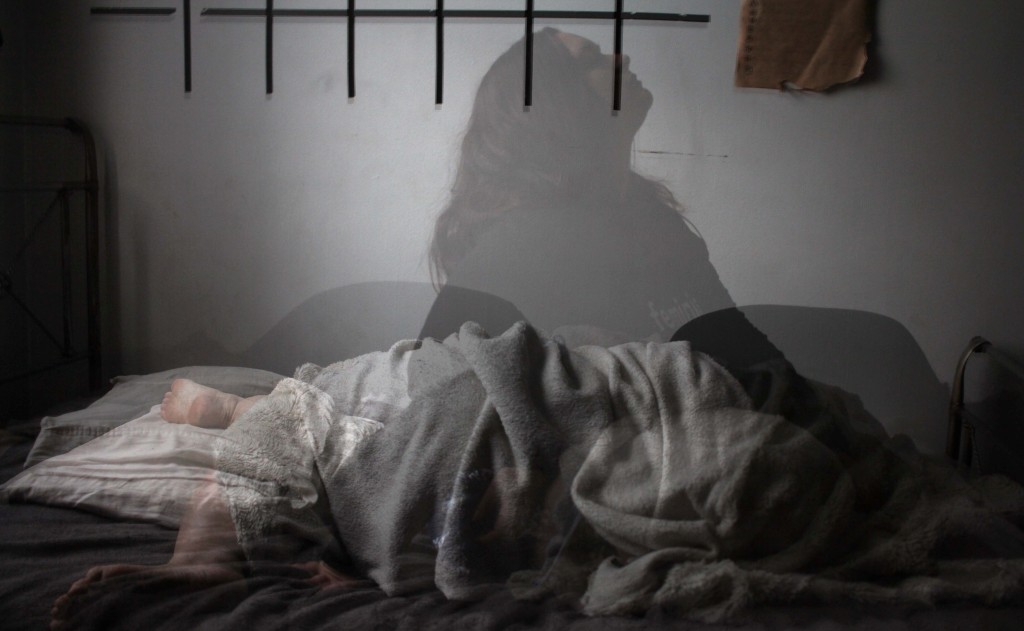Even before COVID-19, we knew the NHS was under growing strain due to issues such as increased demand for mental health services. However, there is also increasing awareness of that fact that relying on a traditional medical model which prioritises medication prescribing in order to manage these healthcare challenges is inadequate. Instead, it is vital that we also fully appreciate the important role played by patients’ social landscapes in affecting their health and wellbeing. For instance, it is well-established that loneliness has serious negative implications for mental and physical health, and predicts increases primary care use, even when patients’ objective health levels are accounted for.
The importance of exploring the social determinants of health is at the heart of the Social Cure perspective within social psychology, which posits that our social group memberships have the potential to enhance our health and wellbeing, but only to the extent that we identify (i.e., experience a subjective sense of belonging) with the group/s in question. Nottingham Trent University’s Department of Psychology houses the UK’s main Social Cure research team, and its members (Clifford Stevenson, Mhairi Bowe, Blerina Kellezi, Niamh McNamara, and Juliet Wakefield) explore the relationships between group processes and wellbeing in numerous contexts, including foodbank use, eating disorder recovery, immigration detention, and impoverished communities.

One paper published recently by members of the team, in collaboration with John Groeger, explores the topic of sleep. Consistent with the issues outlined above, the prevalence of depression and loneliness are increasing in Western nations, and both have been shown to cause poor sleep quality, with evidence suggesting that loneliness also predicts depression. The Social Cure perspective can shed light on these relationships, and thus informed the present study. Specifically, it was hypothesised that the more people identify with a significant social group, their family, the better their sleep quality would be, and that this relationship would occur because family identification would reduce loneliness, which in turn would reduce depression, which in turn would improve sleep quality. Participants completed an online survey at Time 1, and again one year later at Time 2. The survey assessed the extent to which they identified with their family. Their loneliness, depressive symptomology, and sleep quality/insomnia severity were also measured. Consistent with predictions, high levels of family identification led to low levels of loneliness, which led to low levels of depression, which led to high levels of sleep quality/low levels of insomnia.
This is the first Social Cure study to explore the relationship between social identification and sleep quality. These results have implications for how health professionals understand, prevent, and treat sleep problems: rather than focusing entirely on individualistic predictors of sleep quality, such as caffeine consumption and smartphone use, professionals must appreciate the important role played by social group memberships in determining people’s sleep quality. This knowledge could ultimately inspire group-based interventions, such as adaptations of the evidence-based Groups4Health intervention, which (when used alongside more traditional approaches) could effectively treat sleep problems and enhance patients’ wellbeing. This paper thus represents an important first step in fully appreciating the vital role our social worlds play in determining our sleep quality.
The Social Cure research team at NTU is part of the Groups, Identities, and Health research group: follow us on Twitter.
Header image credit: Gift Habeshaw on Unsplash

